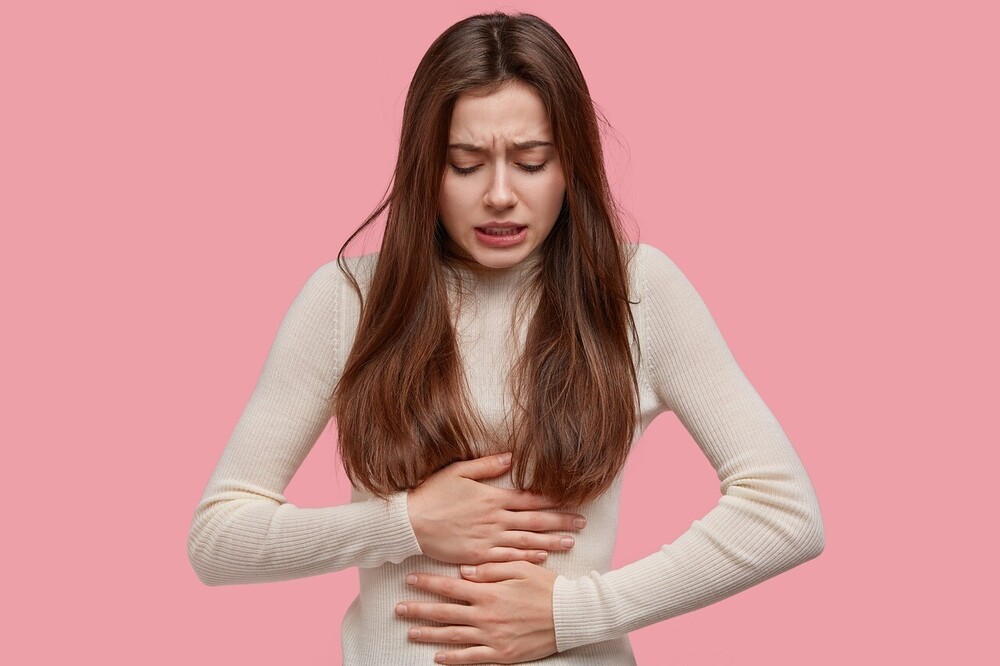Managing Histamine Intolerance

posted 31st March 2025

Headaches, skin rashes and digestive problems…these seemingly unrelated symptoms can all have a common cause - histamine! However, there are lots of practical and natural steps you can take to reduce elevated levels of histamine in your body and reduce these unwanted symptoms.
Understanding Histamine
Histamine is a biogenic amine - a molecule which occurs naturally in your body. When your immune cells encounter threats to your well-being such as partially digested food particles, environmental allergens or pathogens like bacteria or viruses, histamine is released from white blood cells called mast cells and basophils. Histamine helps coordinate immune responses to neutralise these invaders. Histamine also has a role in digestion through stomach acid secretion and passes messages between cells as a neurotransmitter.
When everything works according to plan, histamine is degraded once it completes it’s function. However, if the body cannot break down histamine fast enough it can accumulate and cause debilitating symptoms. These include gut and digestive symptoms, skin and respiratory symptoms, cardiac and circulatory symptoms, mood and and sleep symptoms, menstrual irregularities, headaches and migraines, fibromyalgia and fatigue….quite a list!
What Causes Histamine Intolerance
The build up of histamine can happen due to genetics, certain medications, an overwhelmed digestive system, oestrogen dominance (for example during perimenopause) and chronic inflammation. One of the more common triggers is foods and these can include healthy foods such as fermented and fresh foods such as avocados, strawberries, spinach and tomatoes. Aged cheeses and alcohol are other common culprits.
How to Address Histamine Intolerance
There are a range of diet and lifestyle internventions that can help reduce the amount of histamine you consume through food and decrease the amount released in your body. Following a low histamine diet can be highly beneficial for reducing foods that are high in histamine and foods which release histamine in the gut.
Lifestyle modifications also play a crucial role in lowering histamine in your body. Regular, moderate exercise helps support natural detoxification pathways but be aware that high intensity exercise can trigger histamine release. Stress can also increase histamine production so finding effective ways to manage stress levels can be a key factor. Good quality sleep is also very important but high levels of histamine can impact sleep quality.
Nutritional Therapy Support
Medicinal Eating Nutritional Therapy can provide support in following a low histamine diet and recommending targeted natural supplements and herbs which are beneficial to optimise detoxification pathways, reduce stress and improve sleep.
Optimising gut health is also important as an imbalance in the gut microbiome and a damaged intestinal lining can cause your immune cells to react and trigger a potential allergic response. Certain gut bacteria can act as histamine liberators which can make matters worse. Supporting gut health and the gut microbiome can be extremely valuable in addressing symptoms of histamine intolerance.
Genetic testing to establish pathways that can be contributing to histamine intolerance and supporting these with targeted nutrients is also very helpful.
Summary
Overall it is important to remember that managing histamine levels is a journey and not a sprint. But helping your body to adapt and flush out higher levels of histamine can provide significant relief from histamine-related symptoms.
For further information about a Nutritional Therapy consultation please contact Medicinal Eating or email Janine at info@medicinaleating.co.uk.*


